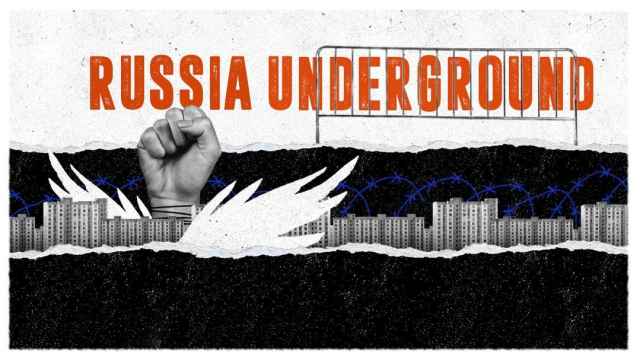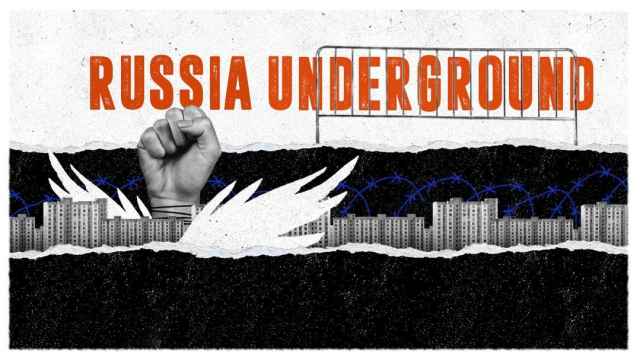Задубеть: to be frozen stiff
In the part of the world where I’m now living, oaks are protected. They have little green oak leaf badges on their trunks to remind everyone that they may not be cut down or harmed in any way. And so there are some truly mighty oaks around, including one that is so enormous I don’t think five people holding hands could encircle it. It is very satisfying to lean back on it and imagine what the land around it looked like 200 or maybe even 300 years ago when it was a sapling.
It is also a very useful spot for thinking of tree expressions in Russian — well, for me anyway.
It instantly reminded me of a curious expression: с дуба рухнуться (sometimes упасть), which literally means to come crashing down or to fall out of an oak. Figuratively it means to be crazy. No one seems to know why falling out of an oak tree, or any tree for that matter, is synonymous with stupidity, although there is a similar verb, рюхнуться, which also means to fall, make a mistake or do something stupid (which I suppose falling out of a tree is).
Вы с дуба рухнули?! Где вы тут либеральных демократов увидели? Откройте Википедию и почитайте, что такое либерализм и демократия, потом расскажите где вы их тут видели у власти. (Are you nuts or what? Where did you see liberal democrats? Open up Wikipedia and read what liberalism and democracy are, and then tell me where you’ve seen anything like that in the government.)
It is often used with the word совсем (completely) and can sound like a final verdict: Совсем ты, подруга, с дуба рухнула, ― вздохнула Лида (“You have completely lost it, girlfriend,” Lida sighed).
There are a few other oaky expressions that are useful to know. Oaks aren’t just tall, they’re very hard. If you call someone дуб (oak) or say they have дубовая голова (an oak head) it means they’re an idiot. We use similar imagery in English: А какая дубовая голова сняла всех токарей с фабрик и заводов? (Who was the blockhead who fired all the lathe operators from the factories and plants?) Ничего ты не понимаешь, дубовая голова, повторяю ещё раз! (I’m telling you again, you numskull, you don’t understand a thing!)
And similar to English, where stilted language can be called wooden, Russian calls it “oaken”: В нём, выражаясь дубовым языком советского школьного «литературоведения», «содержалось провидение социалистического будущего» (To use the wooden language of Soviet grade-school “literary criticism,” the work “foreshadowed the socialist future”).
Finally, the mighty oak has given us the verb задубеть, which means to get cold, freeze, or to stiffen and become hard. There is a lot of fun supposition and bad scholarship about this word — one idea is that maybe ancient Slavs buried people under oak trees, which conveyed — mystically or through their roots — the notion (or reality) of dead people growing cold and stiff. In some cases, there is the perfect English translation: На морозе ткань задубела ― покачивалась на ветру, как фанерный лист (In the cold the cloth was frozen stiff, swaying in the wind like a piece of plywood). In other cases, it just means “wooden”: Я увидел высохшего, измождённого человека с серыми выцветшими глазами и задубевшей от солнца кожей (I saw a dried up, exhausted man with gray, colorless eyes and skin made wooden by the sun).
Another useful tree phrase that comes to mind when standing by my neighborhood mighty oak is наплевать с высокого дерева, literally to spit from the top of a high tree. But it actually means you couldn’t care less. На те или иные политические партии мне наплевать с высокого дерева (I could not give a hoot about any political parties).
Or if you want to forget the trees, you can just say на-пле-вать with little pauses between the syllables. This is a simple and elegant expression of utter disdain. Тогда мне было не до того и вообще ― наплевать (At the time I was too busy to deal with it, but in general ― I just don’t give a crap.)
There are two other tree-ish words that you must know. The first is пень (a tree stump) which for some reason plays a bigger role in the Russian mind and imagination than its English equivalent. Some day I will write an obscure article about the lowly (bad pun) пень or пенёк, which is always a feature of descriptions of meadows and woods and country houses, or figures as a seat or table or marker, or is the place where something is placed or hidden under. Я сделал несколько шагов вперёд и сел на пень (I took a few steps ahead and sat on a tree stump). Под пнём, в гнезде, прикрытом нависшим сверху мхом, скрывается кукушонок (A baby cuckoo is hiding under a tree stump in a nest covered by hanging moss).
Figuratively пень is a stupid person, or more commonly, someone who is temporarily or naturally that way: как пень or пнём (like a stump) — that is, someone who is dumbfounded, immobile or stupid. You can stand or sit like a stump: Ты-то чё пнём сидишь? (Why are you sitting there like an idiot?) Давай, Саня, садись. Чего ты встал-то как пень? (Come on, Sanya, sit down. Why are you just standing there?)
The other important tree part is колода (a log, often a tree that has fallen). Together the stump and log make an expression of unknown origins — and plenty of hypotheses: через пень-колоду. Literally this is “through/over the stump-log,” but it is used figuratively to mean something done in a slapdash manner. Рабочие на всех предприятиях работали сегодня через пень-колоду (Today the workers at all the factories did a sloppy job). Разбирательство по убийству десятиклассника проходило через пень-колоду (The investigation into the murder of the tenth grader was slapdash).
So how did stepping over a stump-log come to mean doing a bad job? One theory is based on the older expression валить как через пень колоду (to throw down [something] like a log over a stump). Here the idea is that it’s miserably hard to haul a big log over a stump, but the jump to “a poorly executed” job is not clear. The other theory is based on another earlier form через пень в колоду (over a stump into a log), the idea being that there is nothing worse when walking through the woods than stepping over a stump only to put your foot in a rotten log. Sounds good, although very imaginative, but what does that have to do with sloppy work?
Пнём вот сижу тут и думаю (I’m just sitting here with my mouth shut, thinking).
A Message from The Moscow Times:
Dear readers,
We are facing unprecedented challenges. Russia's Prosecutor General's Office has designated The Moscow Times as an "undesirable" organization, criminalizing our work and putting our staff at risk of prosecution. This follows our earlier unjust labeling as a "foreign agent."
These actions are direct attempts to silence independent journalism in Russia. The authorities claim our work "discredits the decisions of the Russian leadership." We see things differently: we strive to provide accurate, unbiased reporting on Russia.
We, the journalists of The Moscow Times, refuse to be silenced. But to continue our work, we need your help.
Your support, no matter how small, makes a world of difference. If you can, please support us monthly starting from just $2. It's quick to set up, and every contribution makes a significant impact.
By supporting The Moscow Times, you're defending open, independent journalism in the face of repression. Thank you for standing with us.
Remind me later.






